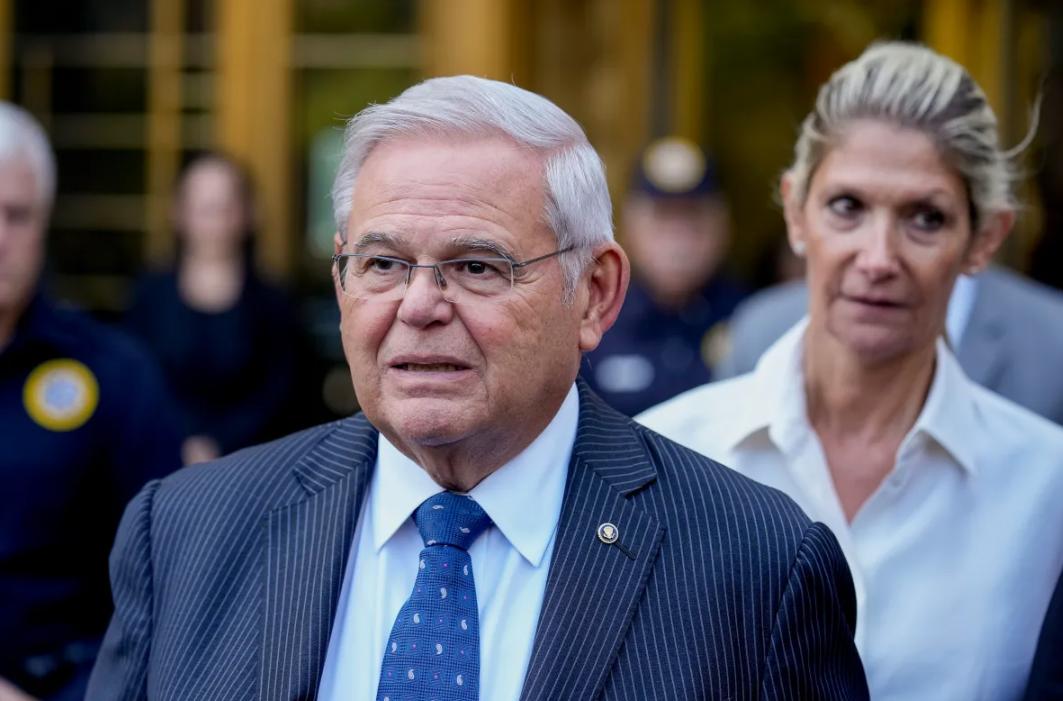Prosecutors declare: It's time to hold Menendez accountable New details emerge in case of pro-Armenian senator
The Politico website features an in-depth article on the trial of Senator Bob Menendez from New Jersey, known for his pro-Armenian stance, providing new and significant details about the prosecution's case. This informative piece has been picked up and republished by Caliber.Az, ensuring that a wider audience can access and engage with this important news.
Prosecutors in the trial against Senator Bob Menendez are pushing for accountability, arguing that after months of defence strategies blaming everyone but himself, it's time to hold him responsible for alleged corruption schemes. Paul Monteleoni, the lead prosecutor, delivered a five-hour closing argument undercutting the defence's claims, particularly their assertion that Menendez's wife, Nadine, acted independently in collecting bribes.
Monteleoni showed jurors photos of the tens of thousands of dollars in cash found at the Menendez’s home with the fingerprints of co-defendant and businessperson Fred Daibes. That included $10,000 found in a jacket that prosecutors said was owned by Menendez. Altogether, the money was proof the senator was in on the complex bribery scheme, Monteleoni said.
Daibes and fellow co-defendant Wael “Will” Hana have argued that cash or gold found at the Menendez home were not bribes, but gifts between friends. Monteleoni told jurors that the one-kilogram gold bars and envelopes of cash were more sinister than just tokens of friendship.
“Friends do not give friends envelopes stuffed with $10,000 in cash just out of friendship,” Monteleoni said.

Monteleoni used humour and pointed arguments to dismantle the defence's case. He highlighted evidence found in Menendez's home, including significant amounts of cash and gold bars, as pivotal in proving the senator's involvement in bribery and obstruction of justice schemes. He dismissed suggestions that Menendez was unaware of these items, pointing out that they were found in areas accessible to him and linked to his fingerprints.
The prosecution focused on portraying Menendez as orchestrating complex schemes to benefit personally and assist the Egyptian government, alleging that Nadine served as a conduit for bribe payments. Monteleoni described instances where Menendez allegedly exerted political pressure and ghost-wrote letters on behalf of Egyptian interests, emphasizing the senator's active role in these activities.
Throughout the closing argument, Monteleoni sought to undermine the defence's narrative of Menendez as a passive or unknowing participant, presenting a compelling case that the senator was deeply involved in corrupt activities. The trial has highlighted the stark contrast between the defence's portrayal and the prosecution's depiction of Menendez's alleged misuse of his office for personal gain and political influence.








